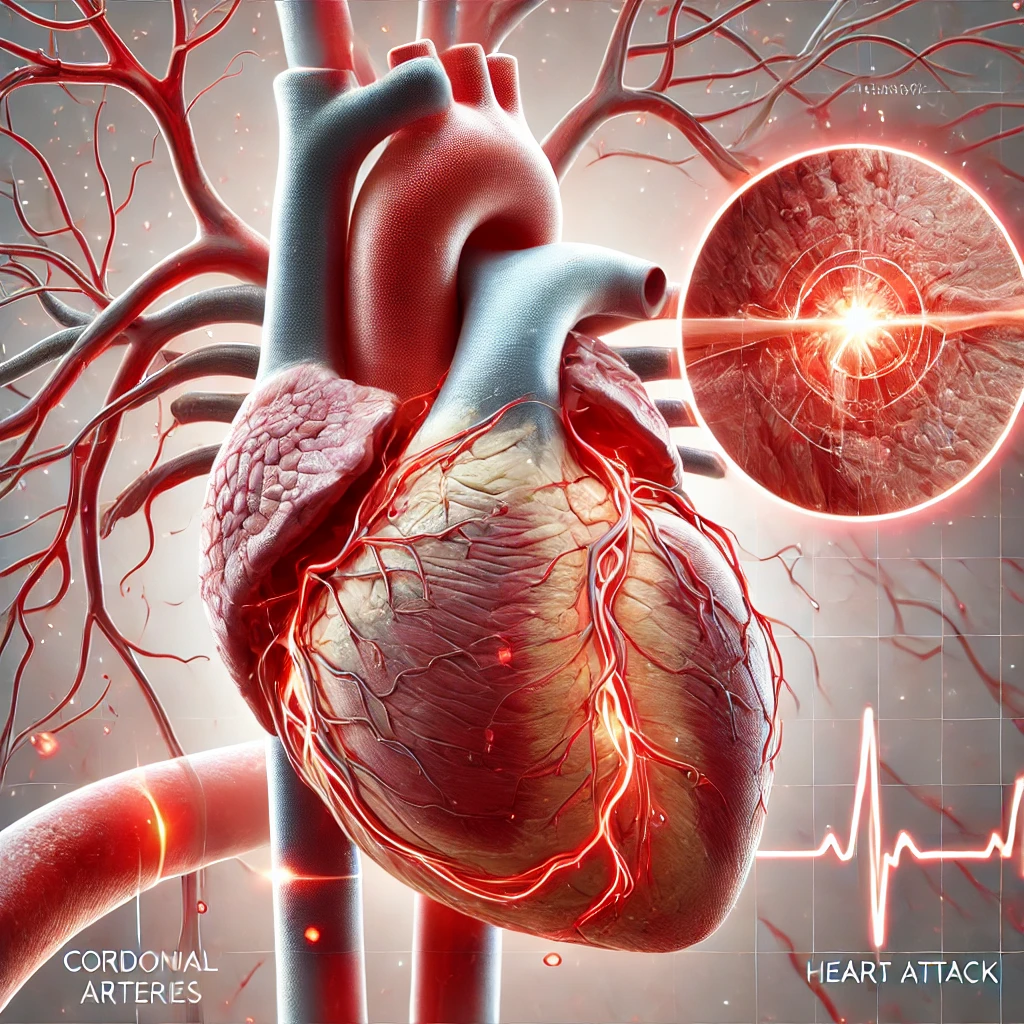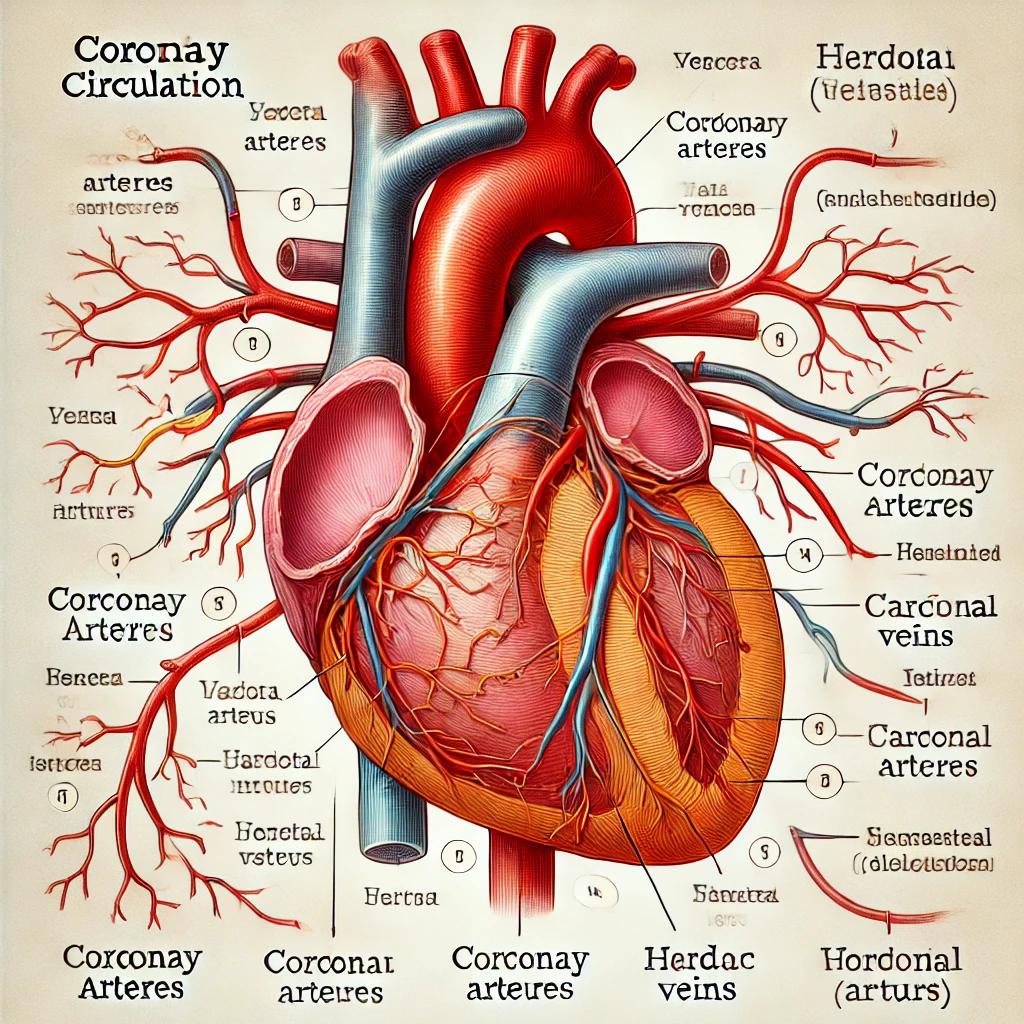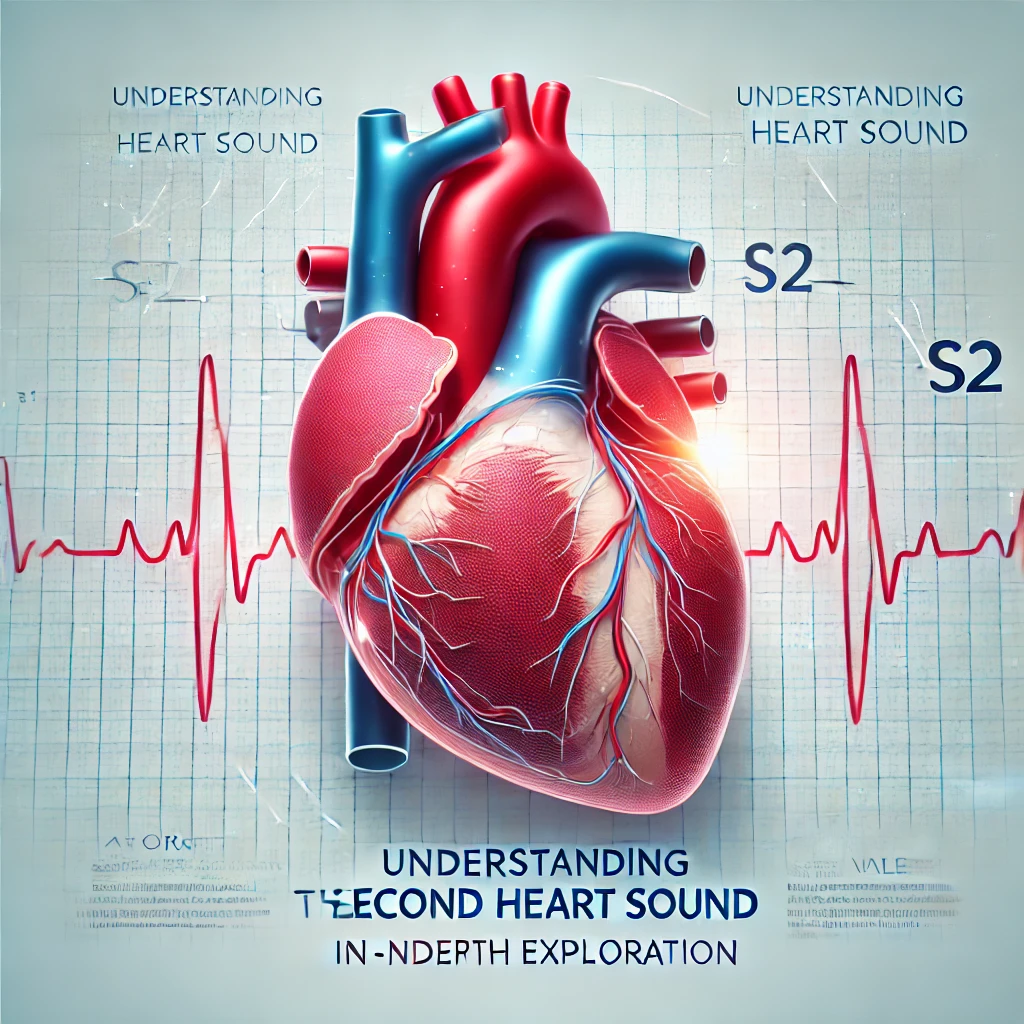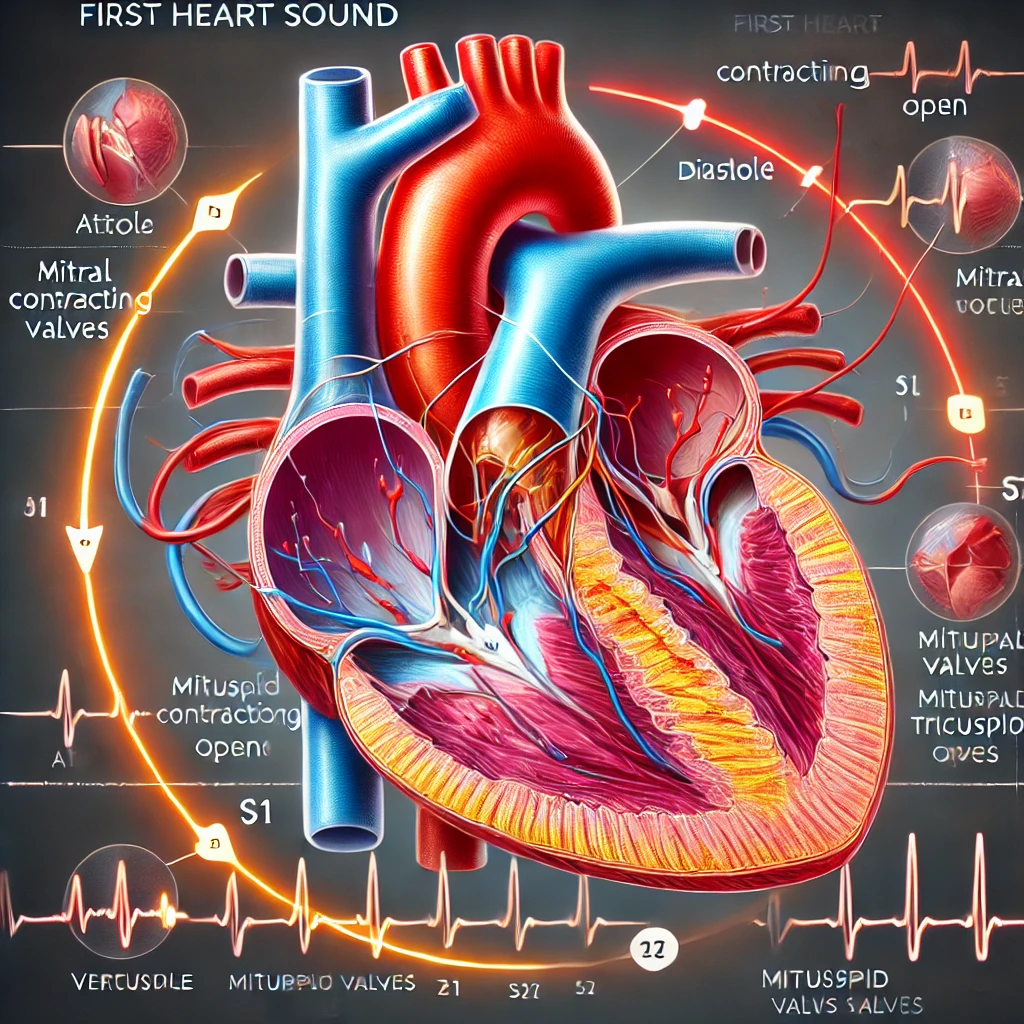The Intrinsic Link between Salt and Human Health

Unveiling the Enigma of Salt
Salt, chemically known as sodium chloride, is an inextricable part of the human dietary regimen. While often viewed as a simple flavor enhancer, the influence of salt on human health extends far beyond the taste buds.
The Essential Role of Salt in the Human Body
The body needs salt for a multitude of functions. It assists in transmitting nerve impulses, contracting and relaxing muscle fibers, and maintaining a balanced hydration status. Salt even plays a critical role in maintaining the balance of blood pressure and volume.
The Hidden Dangers of Excessive Salt Consumption
However, a fine line exists between adequate salt consumption and overindulgence. The World Health Organization (WHO) recommends an intake of less than 5g of salt per day for adults. Surpassing this limit can lead to a slew of health complications, with hypertension being the most notable. High blood pressure, over time, leads to damaging effects on the heart, kidneys, and brain.
Understanding Hypertension: The Silent Killer
Hypertension, often termed the silent killer, is a medical condition where the force of blood against the artery walls is persistently too high. Salt plays a pivotal role in the pathogenesis of this disease. Excessive salt in the diet leads to water retention in the body, increasing blood volume and thereby blood pressure.
Decoding the Impact of Salt on Cardiovascular Health
When unchecked, hypertension can pave the way for cardiovascular diseases like heart failure, stroke, and coronary artery disease. A diet rich in salt increases the risk of these diseases, making salt reduction a crucial preventive measure.
Exploring Salt and Kidney Health
Salt impacts more than just your heart. Excessive intake can lead to kidney damage over time. The kidneys, responsible for filtering out waste products from the blood, struggle with high salt levels. This can lead to conditions like kidney stones and, in severe cases, chronic kidney disease.
The Role of Salt in Bone Health
Salt also influences bone health. High salt intake can lead to calcium loss, increasing the risk of osteoporosis. Moderating salt consumption is an effective strategy for preserving bone density and overall skeletal health.
Navigating the Challenges of Salt Reduction
Reducing salt intake may seem daunting, given its ubiquitous presence in modern diets. However, simple strategies can make this transition smoother. Incorporating fresh fruits and vegetables, favoring home-cooked meals over processed foods, and gradually reducing salt in meals can go a long way in maintaining optimal health.
The Emergence of Salt Alternatives
Several salt alternatives have emerged in recent years, offering a potential solution for those seeking to reduce their intake. Options such as potassium chloride or herb-infused salts provide an exciting avenue to explore, delivering flavor without the accompanying health risks.
The Power of Awareness and Prevention
The link between salt and human health is profound. Awareness of this connection, coupled with proactive preventive measures, can help safeguard against potential health risks. After all, the journey to health begins at the dinner table.
In Conclusion: Balance is Key
Like any component of the diet, balance is key when it comes to salt. Consuming the right amount can aid essential bodily functions, while excessive consumption can lead to serious health complications. Understanding this delicate balance is a critical step toward better health and longevity.
FAQ:
- What role does salt play in the body? Salt, specifically sodium in the salt, plays several important roles in the body. It helps maintain fluid balance, aids in nerve transmission and muscle function, and is involved in certain cellular processes.
- How much salt should an individual consume daily? The American Heart Association recommends no more than 2,300 milligrams (mg) a day and an ideal limit of no more than 1,500 mg per day for most adults. However, average daily sodium consumption in many countries, including the United States, is significantly higher than these recommendations.
- What are the health risks associated with high salt intake? High salt intake is linked to increased blood pressure, which can lead to heart disease and stroke. Other potential health risks include kidney disease, stomach cancer, osteoporosis, and more.
- How can I reduce my salt intake? You can reduce your salt intake by eating fresh fruits and vegetables, choosing low-sodium products, limiting processed and fast foods, and not adding extra salt to your meals.
- What are the symptoms of consuming too much salt? Symptoms of excessive salt intake may include thirst, bloating, swelling (edema), and high blood pressure. However, high salt intake often doesn’t cause obvious symptoms until it has affected your health significantly.
- What are the signs of low sodium levels in the body (hyponatremia)? Hyponatremia can result from consuming too little salt or from certain medical conditions. Symptoms may include headache, nausea, confusion, seizures, fatigue, and in severe cases, coma or death.
- What is the difference between table salt, sea salt, and Himalayan pink salt? While all these salts contain sodium, they differ in their mineral content and processing. Table salt often has added iodine and anti-caking agents. Sea salt is derived from evaporated seawater and retains trace minerals. Himalayan pink salt is mined from the Himalayan mountains and contains additional trace minerals, which give it its distinctive color.
- Does reducing salt intake lead to weight loss? Reducing salt intake can lead to weight loss, primarily due to loss of water weight. High sodium levels can cause your body to retain water.
- What are some hidden sources of dietary salt? Hidden sources of dietary salt include processed foods like canned soups, fast food, ready meals, bread, and certain breakfast cereals. Some medications can also have high sodium content.
- Is salt the same as sodium? While often used interchangeably in casual conversation, salt, and sodium are not the same. Salt (sodium chloride) is a compound that is about 40% sodium and 60% chloride. When we discuss “salt intake,” we’re often referring to sodium intake.
Remember, everyone’s dietary needs are different. For specific dietary advice, consult with a healthcare provider or a registered dietitian.
Reference List:
- World Health Organization. (2022). Salt reduction. https://www.who.int/news-room/fact-sheets/detail/salt-reduction
- American Heart Association. (2023). How much sodium should I eat per day? https://www.heart.org/en/healthy-living/healthy-eating/eat-smart/sodium/how-much-sodium-should-i-eat-per-day
- Harvard T.H. Chan School of Public Health. (2022). Shaking the salt habit to lower high blood pressure. https://www.hsph.harvard.edu/nutritionsource/salt-and-sodium/sodium-and-blood-pressure/
- Mayo Clinic. (2022). Sodium: How to tame your salt habit. https://www.mayoclinic.org/healthy-lifestyle/nutrition-and-healthy-eating/in-depth/sodium/art-20045479
- National Kidney Foundation. (2022). Salt’s Effects on Your Body. https://www.kidney.org/atoz/content/sodiumckd
Disclaimer: The information provided in this article is intended solely for educational purposes and to foster a deeper understanding of the connection between salt and human health. It is not intended to replace professional medical advice, diagnosis, or treatment. Always seek the advice of your physician or other qualified healthcare provider with any questions you may have regarding a medical condition or dietary changes. Our resources, while rigorously researched, should not be relied upon as a stand-alone resource for clinical decision-making or patient care.
My other post:
- What is Toxicology: The Science of Poisons
- Chronic Kidney Disease (CKD) And the Causes
- Gross Anatomy of the Kidney: An In-Depth Exploration of Kidney Structure
- Unraveling the Causes and Associations of Non-Hodgkin Lymphoma: A Comprehensive Overview
- Coffee vs. Tea: A Deep Dive into Health Benefits and Effects




